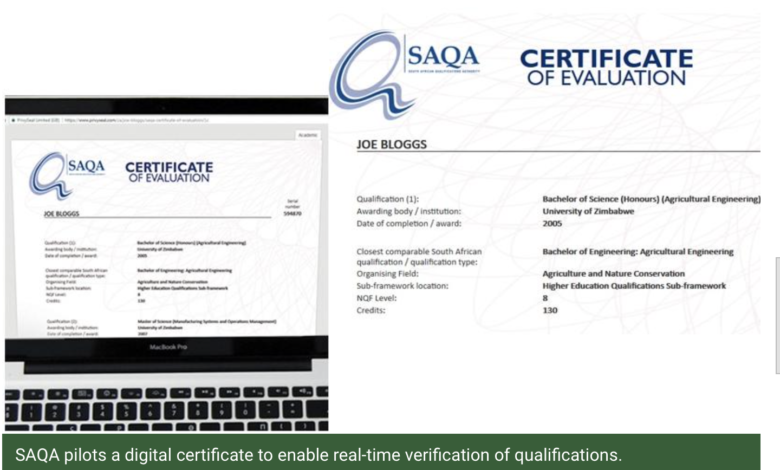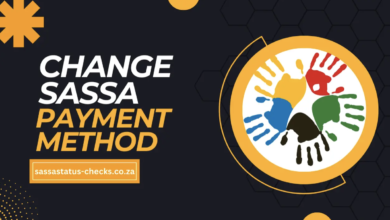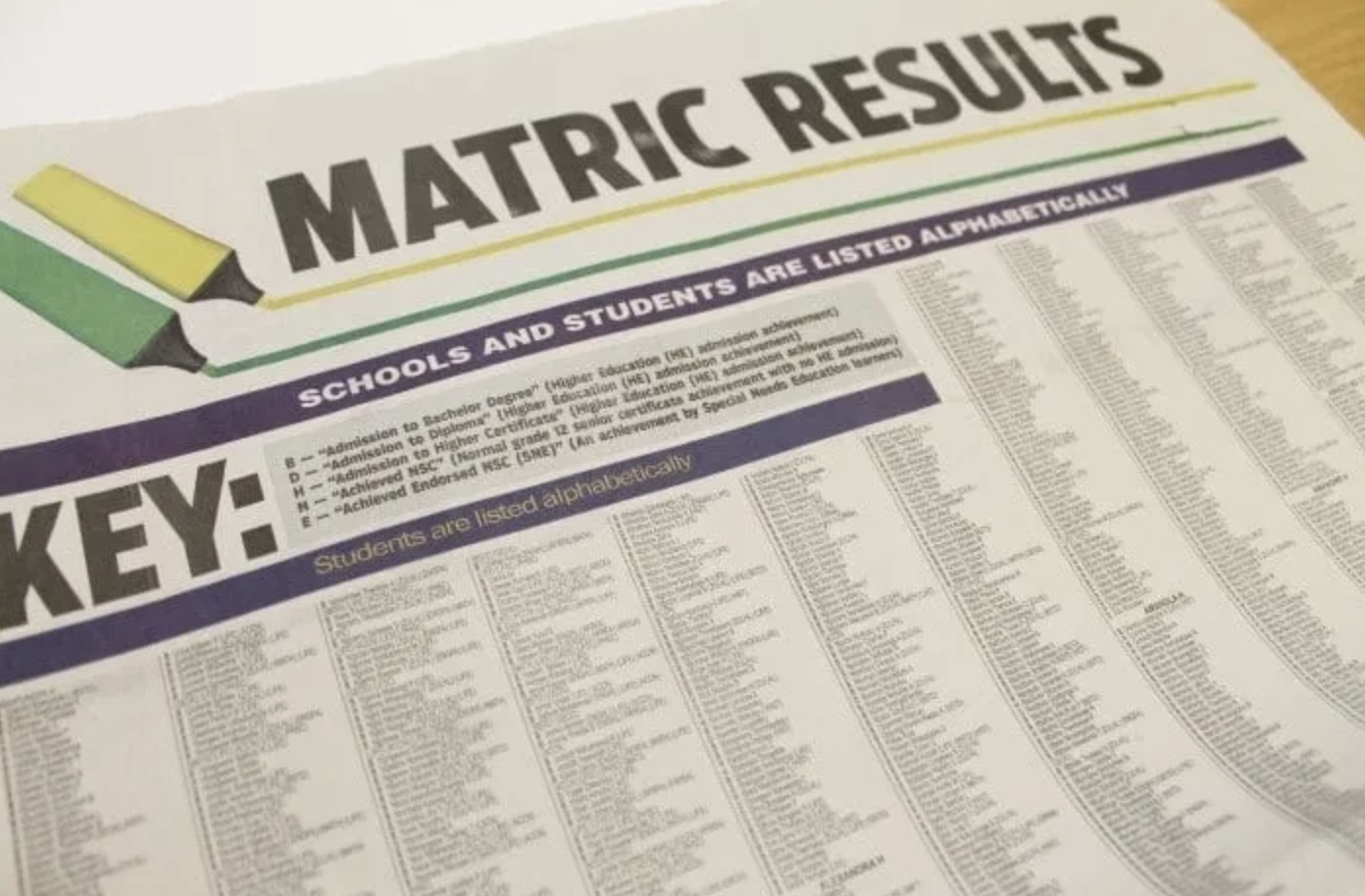Forging Qualifications in South Africa: Risks and Consequences
Forging Qualifications in South Africa

In South Africa, education and qualifications play a vital role in shaping careers and future prospects, emphasizing the importance of pursuing education and certification. However, a darker aspect within the realm of education is the act of forging qualifications in South Africa a practice that jeopardizes the educational system’s integrity and subjects perpetrators to severe legal penalties.
Understanding the Perils of Forging Qualifications
Forging qualifications involves creating counterfeit certificates, diplomas, or degrees to falsely represent one’s educational achievements, posing multiple dangers:
- Eroding Trust: When employers and institutions cannot trust presented qualifications, it undermines the system’s credibility and affects confidence in genuine candidates.
- Incompetent Individuals: Forged qualifications place unqualified individuals in positions, leading to potential disasters in fields like healthcare, engineering, and law.
- Unfair Competition: Genuine candidates often find themselves overshadowed by those using fake credentials to gain an unfair job market advantage, resulting in unemployment or underemployment for deserving candidates.
- Economic Consequences: Economic resources invested in individuals with counterfeit qualifications go to waste, affecting overall business and organizational efficiency.
The Legal Framework in South Africa
South Africa has taken robust measures to combat forged qualifications through the National Qualifications Framework Act of 2008 and other relevant legislation:
- Forgery and Fraud: Forging qualifications falls under fraud and forgery offenses, with potential criminal charges, imprisonment, or fines based on the offense’s severity.
- Misrepresentation: Individuals misrepresenting qualifications can face civil actions, leading to monetary penalties and professional license revocation.
- Professional Bodies: Many professions have regulatory bodies overseeing qualifications, and forged credentials result in deregistration and disciplinary actions, ending careers within the profession.
- Employment Termination: Employers have the right to terminate employment for individuals with counterfeit qualifications, causing reputational damage and future employment challenges.
Real-Life Consequences
Despite the legal framework, the consequences of forged qualifications can be far-reaching:
- Reputation Damage: Qualification forgers face reputational damage that hinders trust rebuilding in professional and personal networks.
- Loss of Job and Income: Job loss and income reduction are common consequences, especially for professions requiring specific qualifications.
- Criminal Record: A criminal record for fraud or forgery impacts travel, future employment, and personal relationships.
Preventing and Combating Forged Qualifications
To combat forged qualifications in South Africa, several measures can be taken:
- Verification Systems: Employers and institutions can implement rigorous qualification verification systems to confirm authenticity.
- Public Awareness: Raising awareness about the consequences of qualification forgery serves as a strong deterrent.
- Whistleblower Protection: Encourage reporting of suspected forgery cases and ensure protection against retaliation.
- Strengthening Regulatory Bodies: Consistently update and enhance regulatory systems to maintain qualification and license credibility.
Conclusion
Forging qualifications in South Africa undermines the educational system’s integrity and poses significant threats to individuals, institutions, and society. While the legal framework is robust, collective efforts are essential to prevent and combat this practice, preserving the trust and integrity of South Africa’s education and employment systems for the benefit of all.




